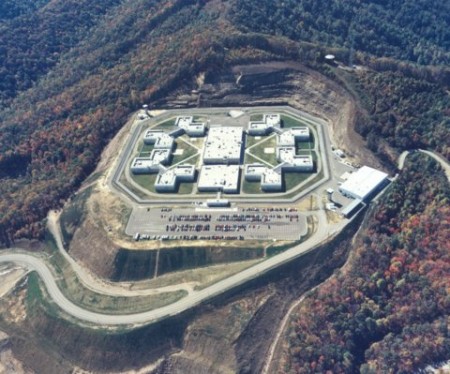
Stories of youths travelling to Syria to participate in the struggle against the Assad regime continue to make headlines in Belgium. Like that of 18-year-old J.B., a once average teenager who converted to Islam at the age of 15 before radicalising under the influence of the recently dissolved organization Sharia4Belgium. In February of this year, J. travelled to Cairo to study Islam. Or so he told his parents. Before long, J. found himself in a training camp somewhere in Syria, where his passport and money were confiscated. After hearing about his son’s fate, J.B.’s father travelled to Syria in an attempt to bring him back home. At one point he found himself in the hands of a radical group and was interrogated for several hours on suspicion of spying for the United States. And while he escaped with his life, he was unable to locate J.B. and bring him back to Belgium.
Determining the exact number of young Belgians that have travelled to Syria remains a challenge. The International Centre for the Study of Radicalization (ICRS) estimates, for example, that there are between 30 and 85 Belgian “jihadists” are currently in the country. It is also believed that at least 12 Belgian jihadists have so far lost their lives in Syria. According to Edwin Bakker, director of the Hague-based Centre for Terrorism and Counterterrorism, this makes Belgium in relative terms “number one when it comes to the number of youths fighting in Syria”. What is known, however, is that most of the Belgian jihadists come from the Brussels-Vilvoorde-Antwerp axis and are aged between 15 and 30.


